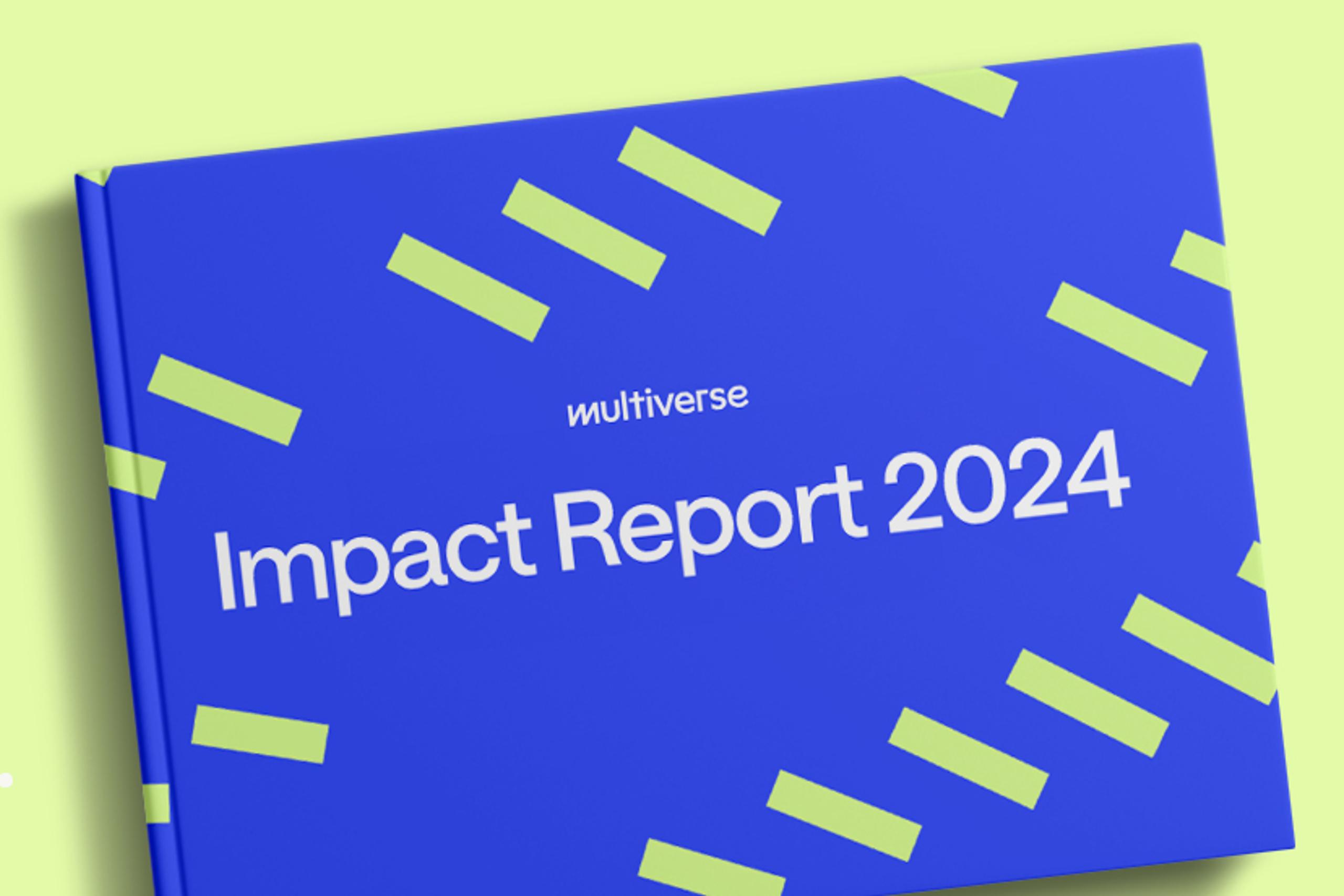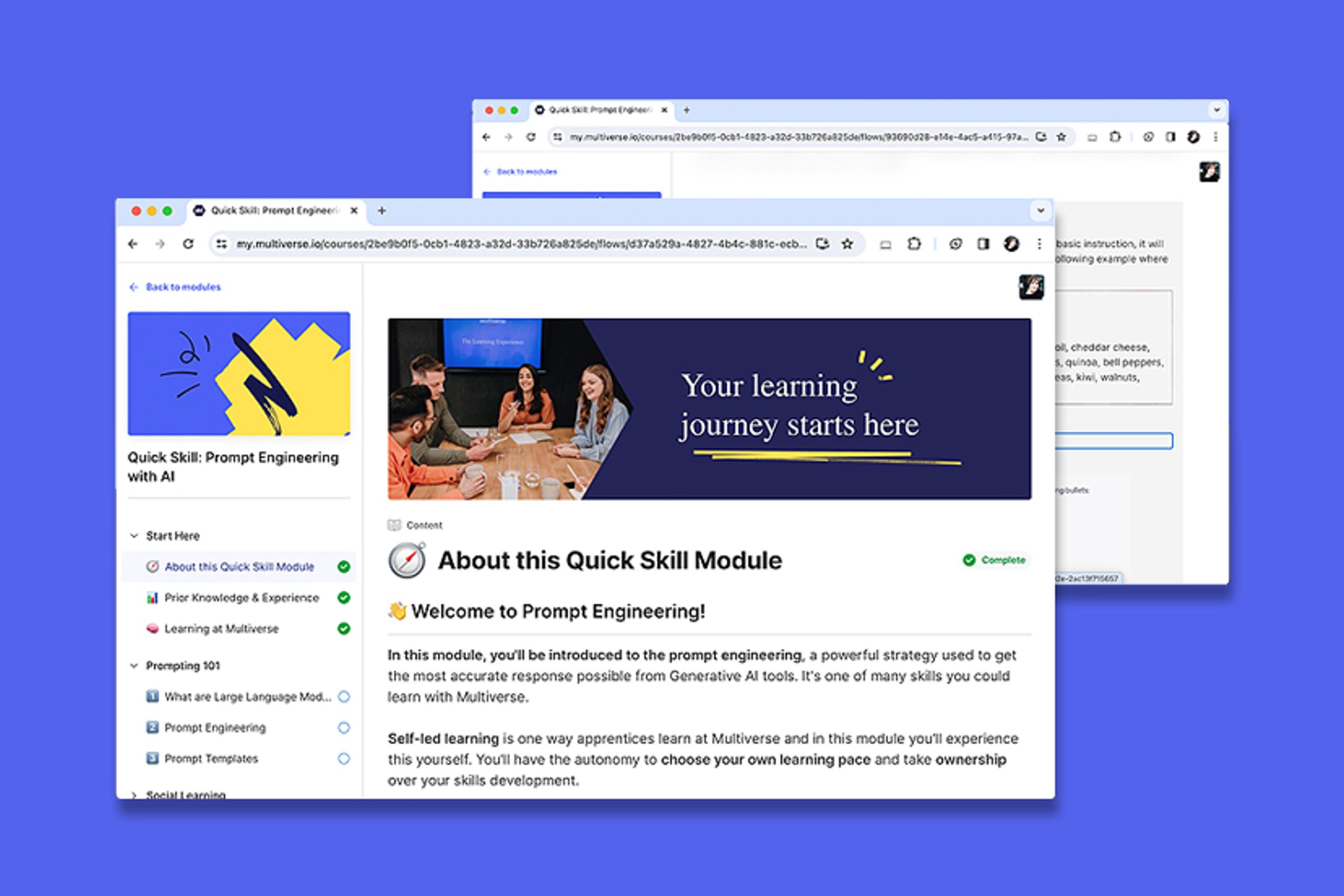Workforce skills gaps make it harder for staff in higher education to provide the best possible student experience – but upskilling offers a solution.
The UK is home to some of the world’s most prestigious universities, leading education, research and innovation on a global stage.
However, Higher Education Institutions (HEIs) are grappling with data skills gaps in the workforce – so much so that qualitative research from WONKHE and Advance HE reported the sector is facing ‘a crisis in data skills(opens new window).’
This shortage of data skills can undermine student outcomes, hold back progress and result in universities falling short of the expectations of students, funders and even regulatory bodies.
So, what can universities do?
By improving data skills, university leaders can make better data-driven decisions and promote the best outcomes for students and staff.
In this article, learn how universities can close the HEI skills gap and address challenges in higher education with employee upskilling.
Digital transformation presents new challenges and opportunities to universities
Digital transformation has made higher education more reliant on data to optimise processes and inform decision-making.
However, there are data skills shortages in the workforce. And extensive recordkeeping requirements for enrolment, academic histories and research data make it challenging for HEIs to streamline data management. Staff are often left trying to manage complex data environments without the required skill sets.
As a result, the opportunity to make university workforces more productive through digital transformation has not yet been realised. By building workforce data skills, university leaders can improve data quality and how it is used.
Democratising data skills
One of the largest barriers to success is the culture around data skills. Currently, most workplaces view data as the domain of a ring-fenced IT department. It’s not usually a priority to train the wider workforce in data literacy.
However, to run a modern university, data skills are needed across departments.
Upskilling in the workforce spreads skills and increases knowledge sharing across the organisation. By boosting data literacy, capabilities can sit across every function, rather than just a time-poor IT team.
The business case for upskilling university workforces
Data upskilling programmes enable teams to build internal capability without relying solely on expensive hiring drives. This way, HEIs can improve the ways they work not only for enterprise-level ‘big data’ solutions but for everyday activities too.
For example, administrative staff may introduce automation for data processing tasks they would usually perform manually
When staff feel greater ownership over data, they become more interested in finding areas to apply it. Over time, an upskilled university workforce can build better services for students without relying on the IT team as an island of data skills. These are some of the key benefits:
Upskilling creates new opportunities for staff
According to higher education think tank HEPI, members of the GuildHE group saw their student-staff ratio double from 8.3 to 17(opens new window) between 2014 and 2021. Many HEIs face high employee turnover rates that make it difficult to provide the best quality of service, and at the same time, could damage remaining employees’ work-life balance.
Improving data skills can create new progression paths for employees and increase retention. By building their capabilities, staff become empowered to get the most from their technology, feel more satisfied at work, and are more likely to remain in their jobs.
Upskilling underpins a better student experience
Data skills enable universities to understand student needs and make data-driven decisions to improve experience. Students become more engaged, leading to higher levels of satisfaction – and better National Student Survey (NSS) scores(opens new window).
As a metric used by many prospective students to decide whether a university is right for them, improving student satisfaction can also improve future enrolment levels.
Upskilling enables optimised resource allocation
As declining international student applications(opens new window) force universities to stretch budgets further, upskilling teams to leverage data-driven insights can be help to improve how existing resources and talent are used. HEIs can also draw on their Apprenticeship Levy funds to pay for the cost of training at no commercial cost to staff or the university. Find out more and read our guide to the Apprenticeship Levy here.
How Goldsmiths University unlocked new benefits from closing skills gaps
Multiverse helps universities build digital skills in the workforce through dedicated upskilling apprenticeship programmes.
Goldsmiths, University of London, partnered with Multiverse and invited staff across all functions to enrol in the Data Academy. Here, they learn skills including analytics, AI and predictive modelling that can assist with their day-to-day tasks.
Throughout the programme, employees at Goldsmiths learned how to:
- Build a data culture – upskilling has empowered individuals across the organisation to become ‘digital professionals’, reducing their reliance on the IT department.
- Create new efficiencies –teams at Goldsmiths have optimised internal processes using skills learned on the programme, streamlining workflows like manual data entry.
David Minahan,(opens new window) Chief Information Officer at Goldsmiths, said:
“Since beginning with the Data Academy, we’ve felt the benefit of improved day-to-day data capabilities across the organisation. Individuals have started thinking in ways they wouldn’t have before, identifying opportunities and working on achieving the outcome themselves.
"For example, I recently spoke to one of my colleagues in the accommodation department, who used to have to transpose data from one spreadsheet to another and into a system on a regular basis. He’s now developed a Python script to automate this.
"Everyone has their own example of a piece of automation that has helped them to streamline their tasks. You’re creating a more efficient organisation, and that starts with individuals.”
Upskilling the workforce at your university
Data skills have transformed how staff at Goldsmiths work, take ownership of data, and provide the best possible experiences for students.
Learn more about how Multiverse can support your university to identify skills gaps and build new opportunities through apprenticeship programmes.





